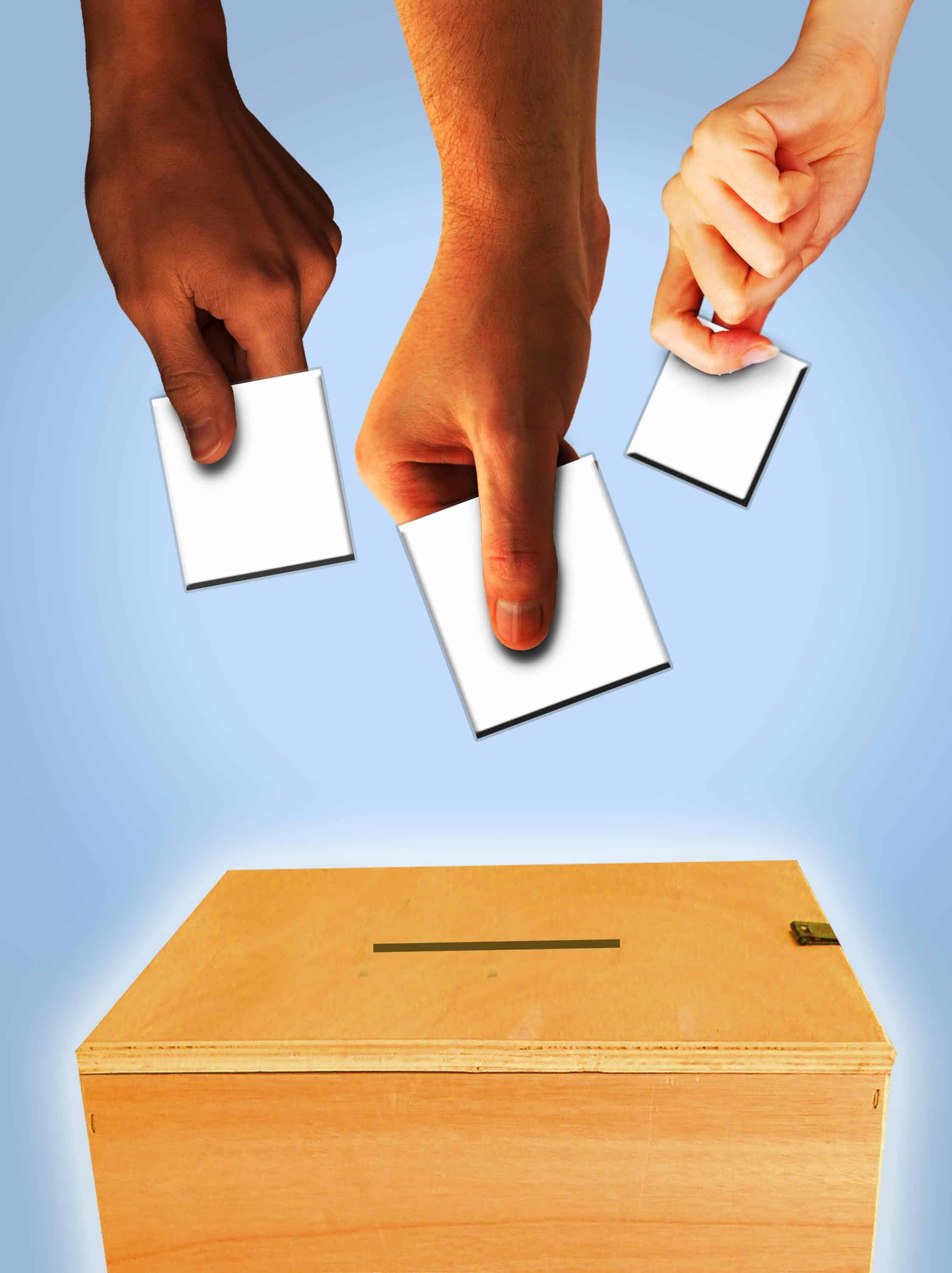Five students were elected to Governing Council Tuesday morning and three were acclaimed. All eight will serve one-year terms on the university’s highest decision-making body.
Nana Zhou and Aidan Fishman won the full-time undergraduate Arts & Science Faculty constituency, receiving 1,516 and 1,130 votes respectively.
Competition for Zhou and Fishman’s seats was especially intense this year, with fifteen candidates in the running.
“I’m feeling really great,” Fishman said. “I thought it was going to be much closer.”
Fishman, a Trinity College student, ran on a platform based on increasing wi-fi access and eliminating breadth requirements and flat fees. Both he and Zhou won by a wide margin over the third-place candidate.
“The very first thing I’m going to work on is why wi-fi doesn’t work on university buildings after years of work,” Fishman said.
Zhou said her campaign was bolstered by her previous leadership experience at UTM.
She is UTM Residence Council’s current president and the only candidate from the Mississauga campus.
Zhou plans to create more study spaces, increase the quality of food on campus, and look into student fees.
“I want to make sure that any discussed [fee] increase comes with greater value added to students,” she said. She also vowed to petition for more scholarships for local and international students.
Andrew Girgis from the Faculty of Pharmacy and James Bateman from the Faculty of Engineering also won handily, earning more than twice the votes runner-up Dipen Thakar did.
Neither made specific campaign promises but pledged to work for student interests.
“Looking out for the best interest of the whole university, not necessarily any one constituency, is what you are elected to do on Governing Council,” Bateman said.
Other victors include Michael Donnely from the Department of English; Arlen Orellana and Rambali Mainawati from Woodsworth College and Chirag Variawa were acclaimed to their positions.
Voter turnout experienced a minor uptick this year with an estimated 10 per cent of students placing votes compared to last year’s 7.6 per cent.


